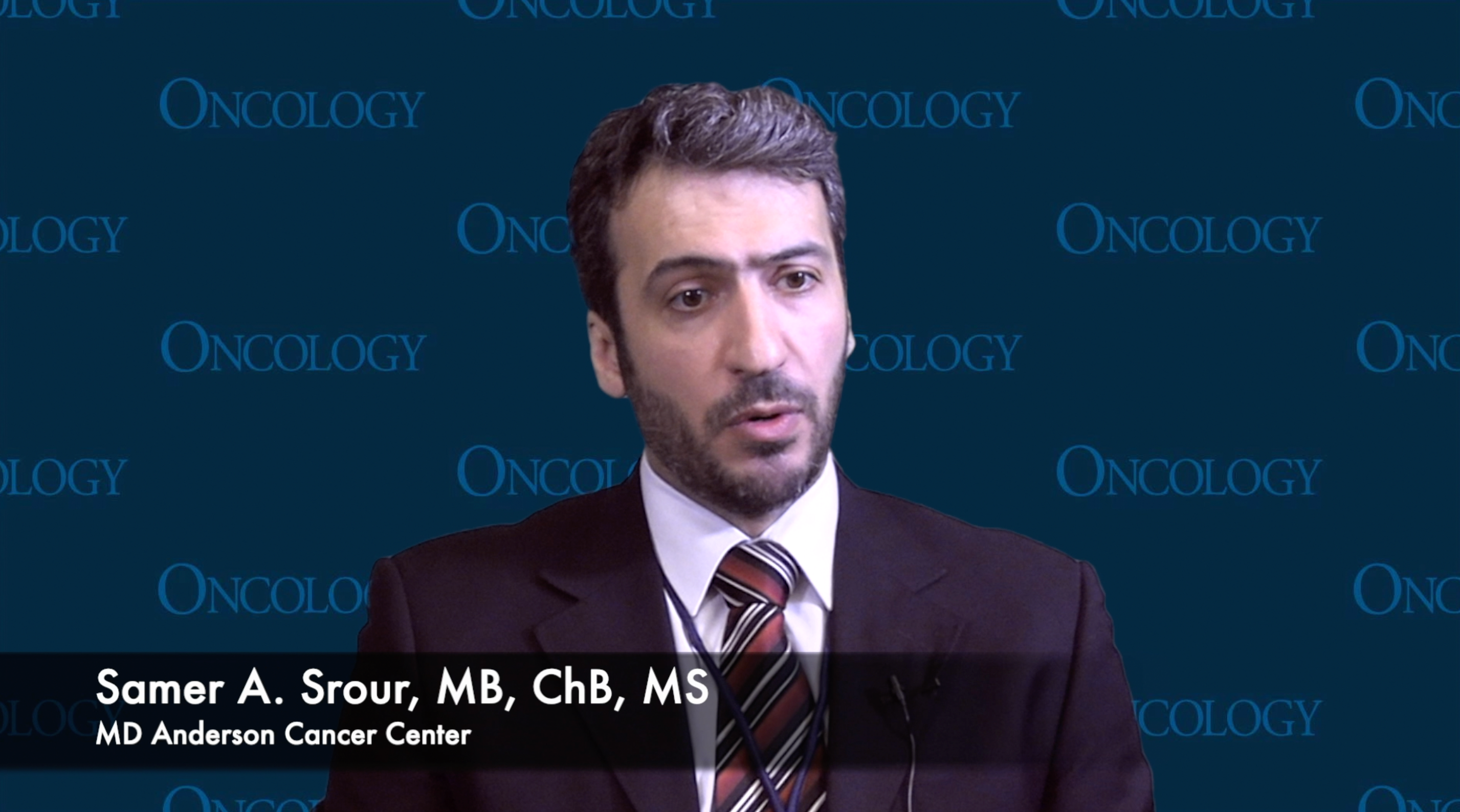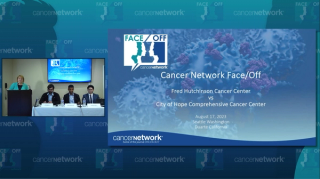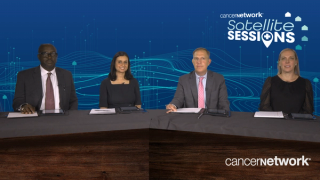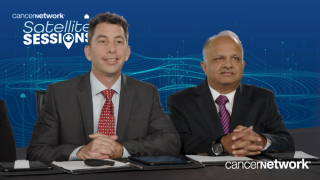
Multiple Myeloma
Latest News

Latest Videos

CME Content
More News
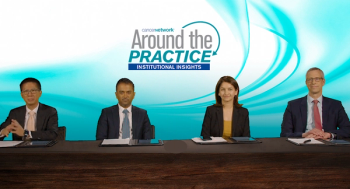
The panel moves on to review the profile of a patient with transplant-ineligible, newly diagnosed multiple myeloma managed with dara-Rd on the MAIA trial.
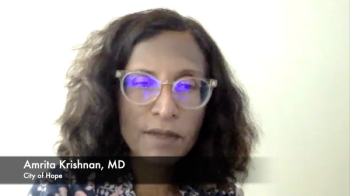
Amrita Y. Krishnan, MD, spoke about where future research in multiple myeloma is headed and a take-home message for her colleagues about teclistamab in heavily pretreated patients.

C. Ola Landgren, MD, PhD, highlights the rationale for the phase 3 DETERMINATION trial, assessing the use of lenalidomide, bortezomib, and dexamethasone plus autologous stem cell transplant and lenalidomide maintenance in patients with newly diagnosed multiple myeloma.

Data presented at the 2022 European Hematology Association Congress demonstrated potential utility of the bispecific antibody RG6234 in a previously treated cohort of patients with multiple myeloma.
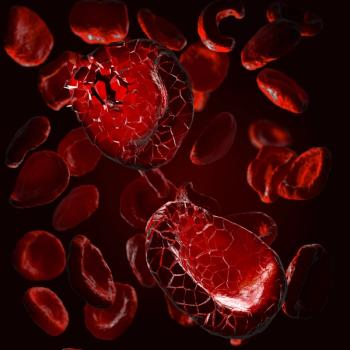
Patients with relapsed/refractory multiple myeloma experienced promising responses with REGN5458.

Before closing their discussion on transplant-eligible, newly diagnosed multiple myeloma, experts consider duration of therapy in this setting.

Panelists briefly review factors they use to select induction therapy for patients with transplant-eligible, newly diagnosed multiple myeloma.

The following was recently published in ASTCT’s Nucleus publication. Follow @ATSTCT for the latest on all-things cellular therapy.

A panel of experts from Emory University review several key data updates in multiple myeloma from recent meetings and discuss how the data can be applied to clinical practice to improve patient outcomes.

Patients with heavily pretreated multiple myeloma appeared to benefit from treatment with talquetamab and daratumumab plus hyaluronidase-fihj.

Sex Differences Play a Role in Molecular Risk Factors but do not Impact Efficacy in Multiple Myeloma
Despite women with multiple myeloma being more likely to have certain cytogenetic risk factors vs men, sex did not appear to impact efficacy.

Shared insight on approved quadruplet vs triplet induction regimens for patients with transplant-eligible, newly diagnosed multiple myeloma, evaluated in the GRIFFIN, MASTER and GMMG-HD7 trials.

Experts discuss a patient with transplant-eligible, newly diagnosed multiple myeloma managed with induction daratumumab-RVd and maintenance therapy.

Broad discussion on novel therapies, including bispecifics and CAR-T therapies, that are evolving the treatment landscape of multiple myeloma.

Panelists take a broad look at treatment selection and sequencing through multiple lines of therapy in patients with multiple myeloma.

Transplant following lenalidomide, bortezomib, and dexamethasone with lenalidomide maintenance was superior to the treatment course without transplant, according to data at 2022 ASCO.

Ixazomib Plus Daratumumab Combo Leads to Strong Efficacy in Frail Patients With R/R Multiple Myeloma
Elderly frail patients with relapsed/refractory multiple myeloma treated with ixazomib plus daratumumab experienced favorable response rates.

Data from the phase 2 IFM 2018-04 trial support the use of daratumumab, carfilzomib, lenalidomide, and dexamethasone coupled with tandem autologous stem cell transplant in eligible patients with high-risk multiple myeloma.

Induction/consolidation daratumumab, lenalidomide, bortezomib and dexamethasone (RVd) outperformed RVd alone when it came to minimal residual disease and progression-free survival in patients with newly diagnosed, transplant-eligible myeloma.

A subgroup analysis of the phase 3 MAIA trial showed rapid, deep, and durable responses with daratumumab plus lenalidomide and dexamethasone vs standard therapy for newly diagnosed multiple myeloma across patient subgroups.

Amrita Y. Krishnan, MD, spoke about the use of teclistamab vs real-world data in patients with relapsed/refractory multiple myeloma.

Thierry Facon, MD, spoke about treatment combinations that have seen success in patients with multiple myeloma, as well as where future research should be focused.
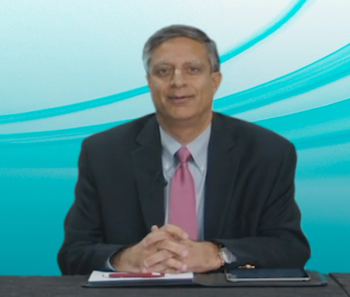
Experts muse on the unmet needs of multiple myeloma, and exciting investigational therapies on the horizon.

A look at the role of bispecifics and CAR T-cell therapies in the multiple myeloma treatment landscape.

Moving to the last patient case of newly diagnosed multiple myeloma, expert panelists work together to define patient frailty in this setting and discuss how frail patients are treated in practice.



